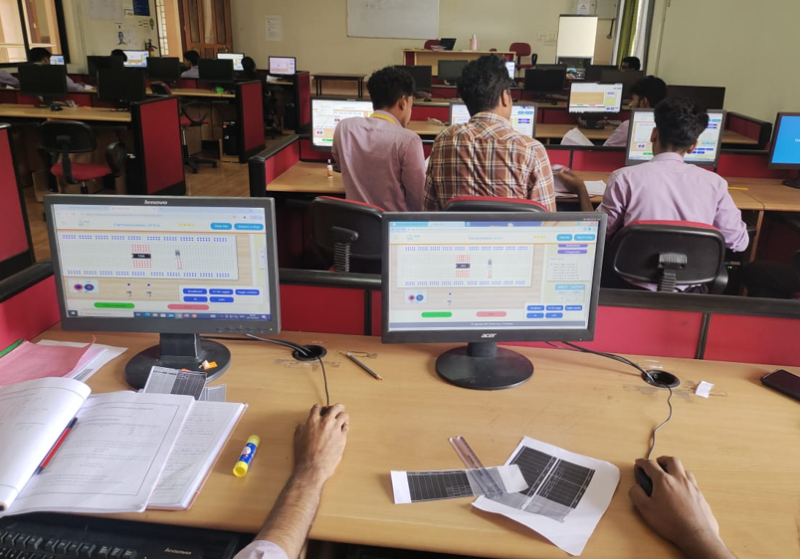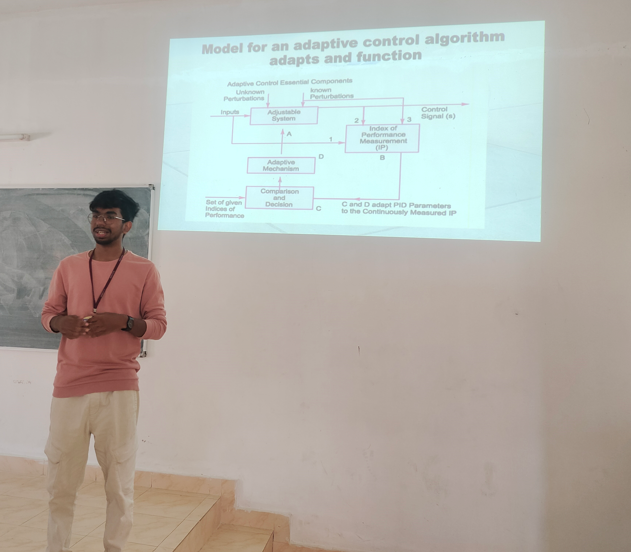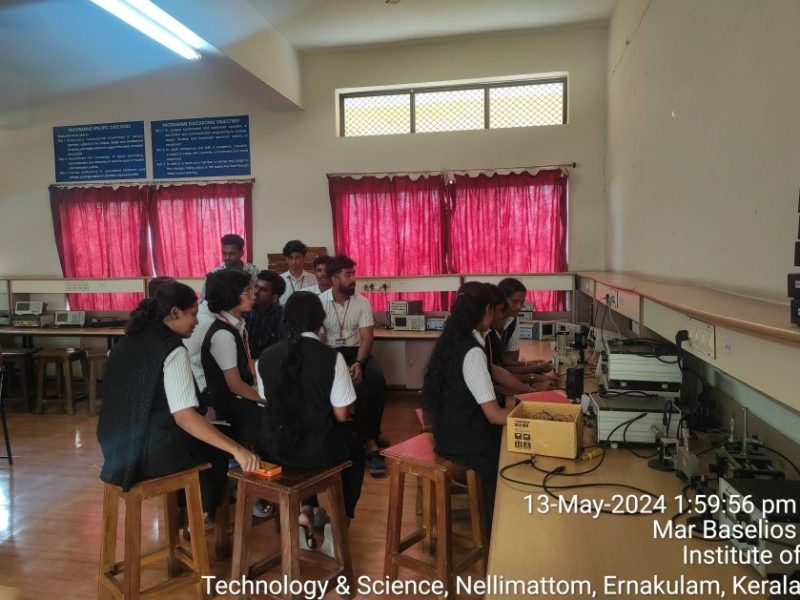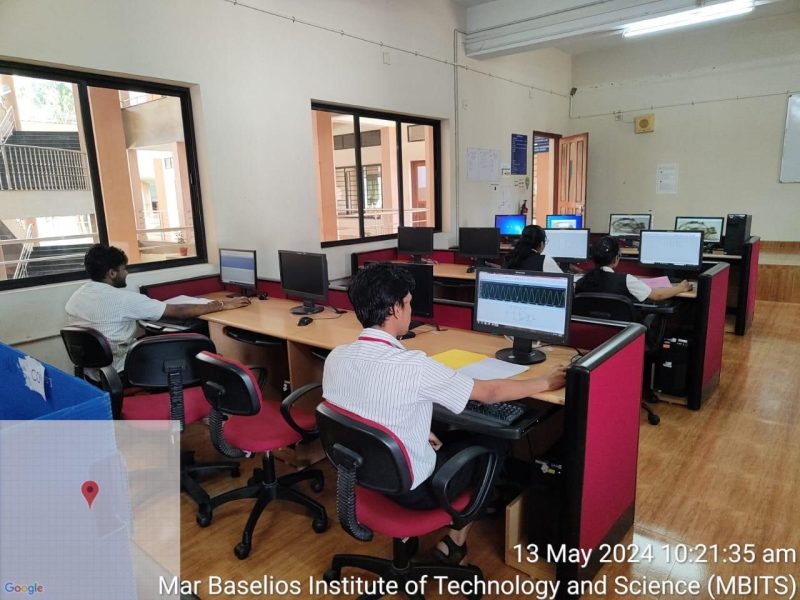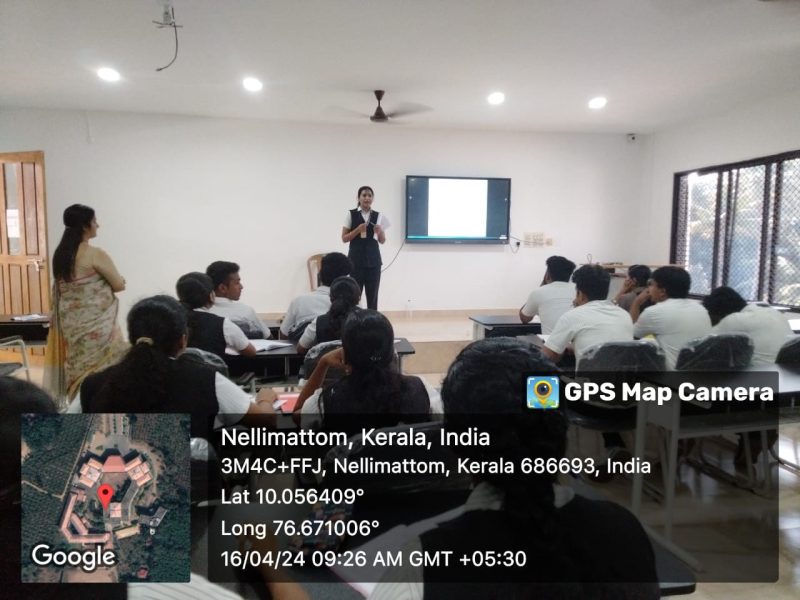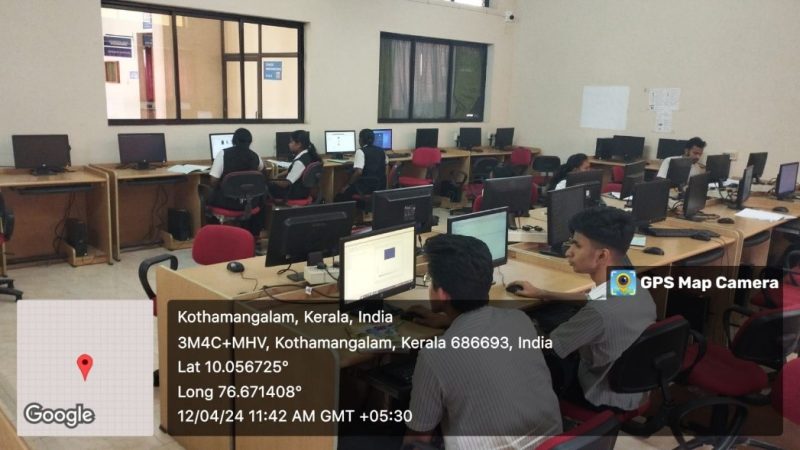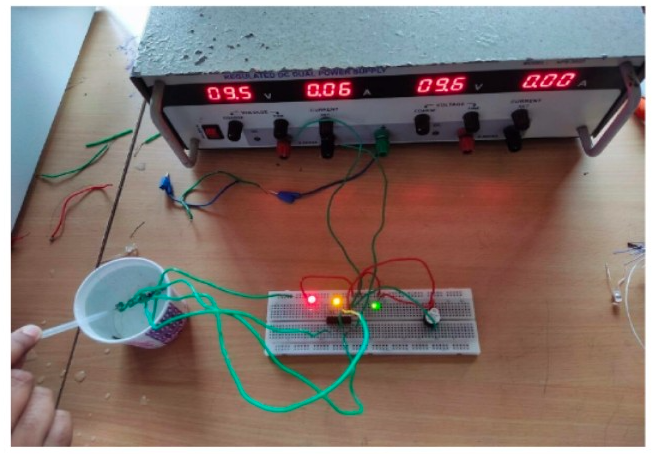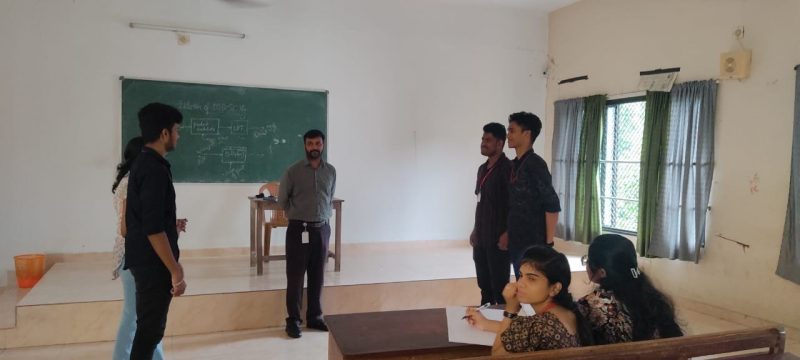Innovative teaching methods are transformative approaches designed to enhance student engagement, improve academic performance, and promote equitable learning by addressing the diverse needs of students and real-world challenges. These methods move beyond traditional lecture-based instruction, incorporating technology, collaboration, and active learning to create a dynamic and interactive educational environment. By employing strategies such as flipped classrooms, peer learning, blended learning, and inquiry-based learning, educators can foster deeper understanding, critical thinking, and practical application of knowledge. The ultimate goal is to create a more effective, student-centered learning experience that prepares students for future success.
In the ECE department, various innovative teaching methods are utilized to enrich the learning experience. The flipped classroom model allows students to review lecture material at home and engage in collaborative projects and assignments during class time, fostering peer-to-peer interaction and personalized teacher support. Peer learning strategies, including discussion seminars, peer support groups, peer assessment schemes, and collaborative projects, encourage students to work together, share knowledge, and develop critical thinking skills. Blended Learning integrates the conventional classroom setting with online learning elements, enabling students to utilize digital resources and participate in virtual activities alongside traditional face-to-face instruction. MBITS, a Virtual Labs Nodal Centre affiliated with NITK Surathkal. The department embraced Virtual Labs as a cornerstone of experiential learning in addition to laboratory learning. Additionally, simulation assignments immerse students in real-world scenarios, enhancing practical skills and problem-solving abilities. Course projects, a form of project-based learning, provide hands-on experience in applying theoretical concepts to real-world applications, promoting deeper understanding and retention. Together, these methods create a holistic and engaging learning environment that supports student growth and development.
Flipped Classroom Model
The Inverted Learning Approach Model represents a departure from conventional teaching methods by shifting the focus of instruction from in-class lectures to pre-recorded materials accessed outside of class. Utilizing the Flipped Classroom Methodology, students engaged with pre-recorded lectures prior to class, enabling focused participation in practical exercises during in-class sessions. These activities, complementing lecture content, promoted hands-on learning and enhanced comprehension. Across disciplines like Electromagnetics, Information Theory & Coding, Digital Image Processing and Programming in C, students were encouraged to utilize NPTEL video lectures and online resources to augment their understanding within the flipped classroom framework.
Peer Group Learning
Peer group learning is encouraged as it’s really helpful to uplift weak students. Students use the facility available in the library, hostel or classrooms for peer group learning especially during their study leave and exam times. It was found very effective in improving the academic performance of students. Peer teaching and assessment methodologies permeate a diverse array of disciplines, including Biomedical Engineering, Network Theory, Real-Time Operating Systems, Constitution of India, Basics of Civil and Mechanical Engineering, Optical Fibre Communication and Industrial Safety Engineering.
Project Based Learning
Project based learning immerses students in real-world, interdisciplinary projects that require critical thinking and problem-solving skills. Electronics and Communication Engineering Department spearheaded various initiatives, including the development of COVID’19 Triage Mobile App, CNU Mobile App, JIVANA Mobile App, Community Sanitation Stations and Mask Vending Machines in collaboration with the IEDC and NSS units of the institution. KTU included mini projects and main projects in the curriculum during S6, S7 and S8. Instead of assignments, course projects are conducted from the third semester onwards for certain courses like Logic Circuit Design, Computer Architecture & Microcontrollers, Internet of Things etc. For the course project, each student selects a topic related to their respective course, after proper discussion with the guide. After selecting the topic, PPT presentation, demo presentation and report submission are also to be done.










